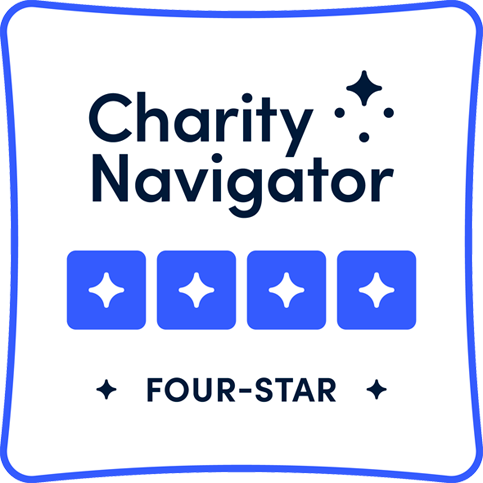Buy a Home
Why Rent When You Can Buy
Are you, or someone you know, looking for a sustainable housing solution? Are you ready to become a homeowner? Habitat for Humanity’s unique homeownership program offers an opportunity that combines affordability with an incredible sense of pride and community engagement.
In addition to making affordable monthly mortgage payments, Habitat homeowners actively invest “sweat equity”. By contributing this “sweat equity,” our homeowners become partners in the transformative process of building strong, supportive communities. Together, we make the dream of homeownership a reality, one joyful milestone at a time.
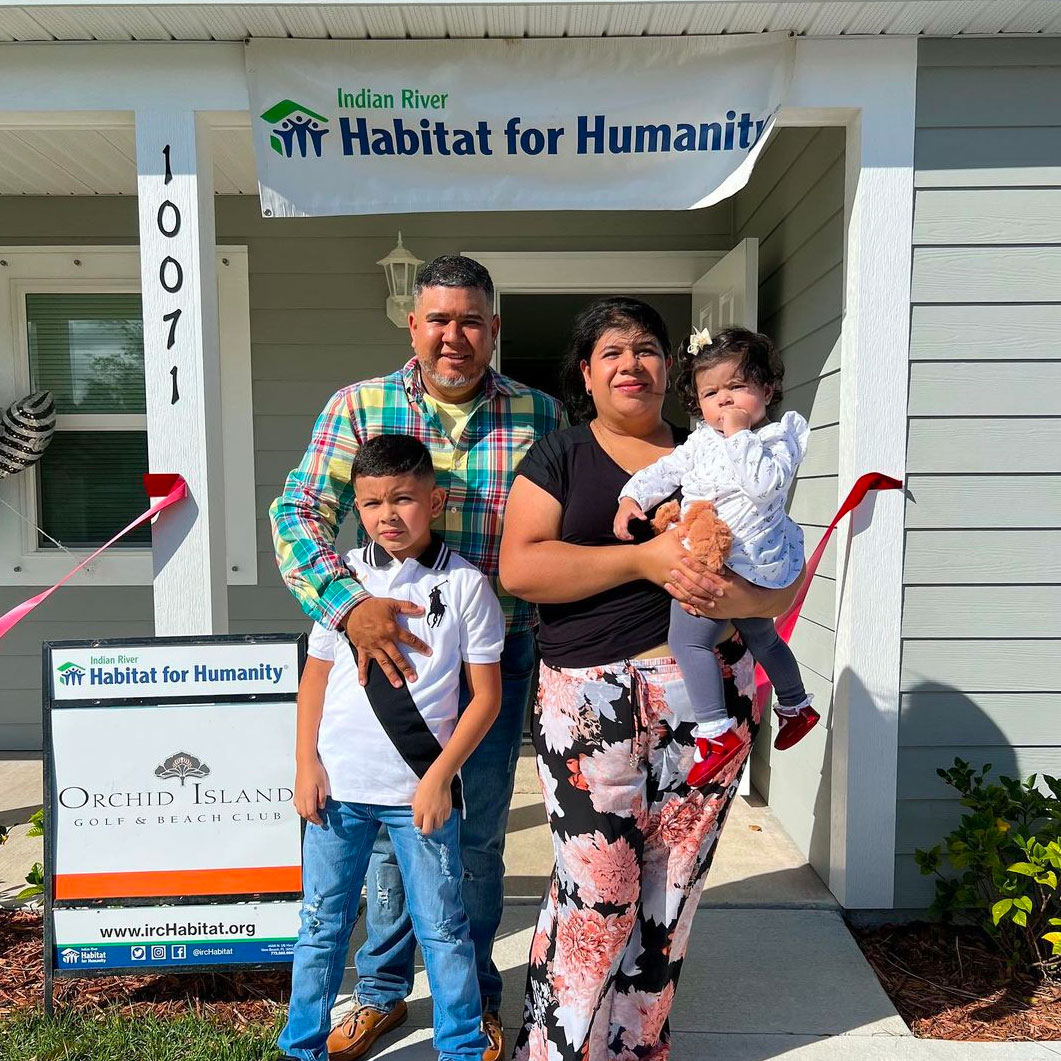
Recent Success Stories
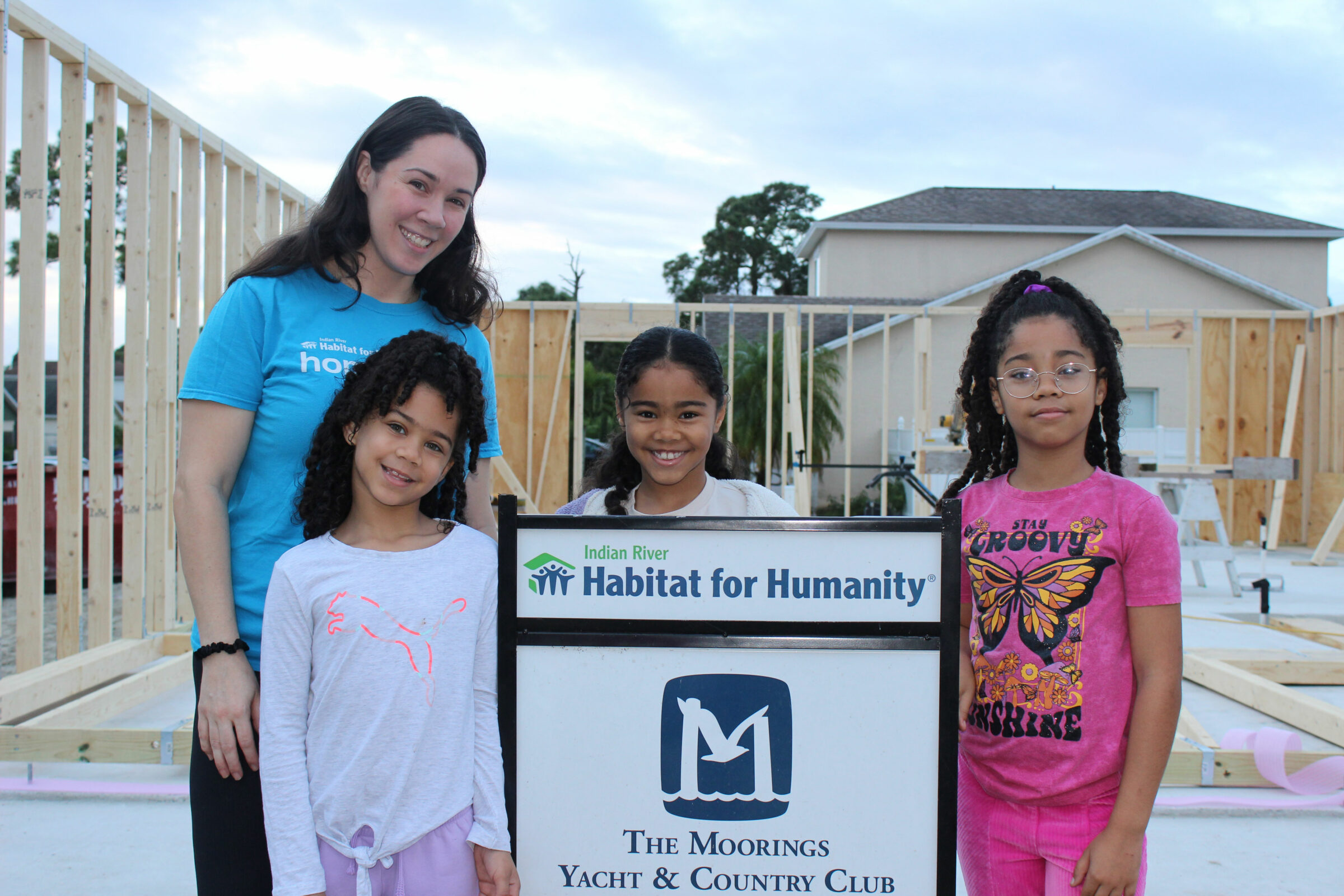
Sarah Robatcek’s Story
“No matter how much you go through in life, just continue to push through. Don’t let anyone tear you down. Just pray.”
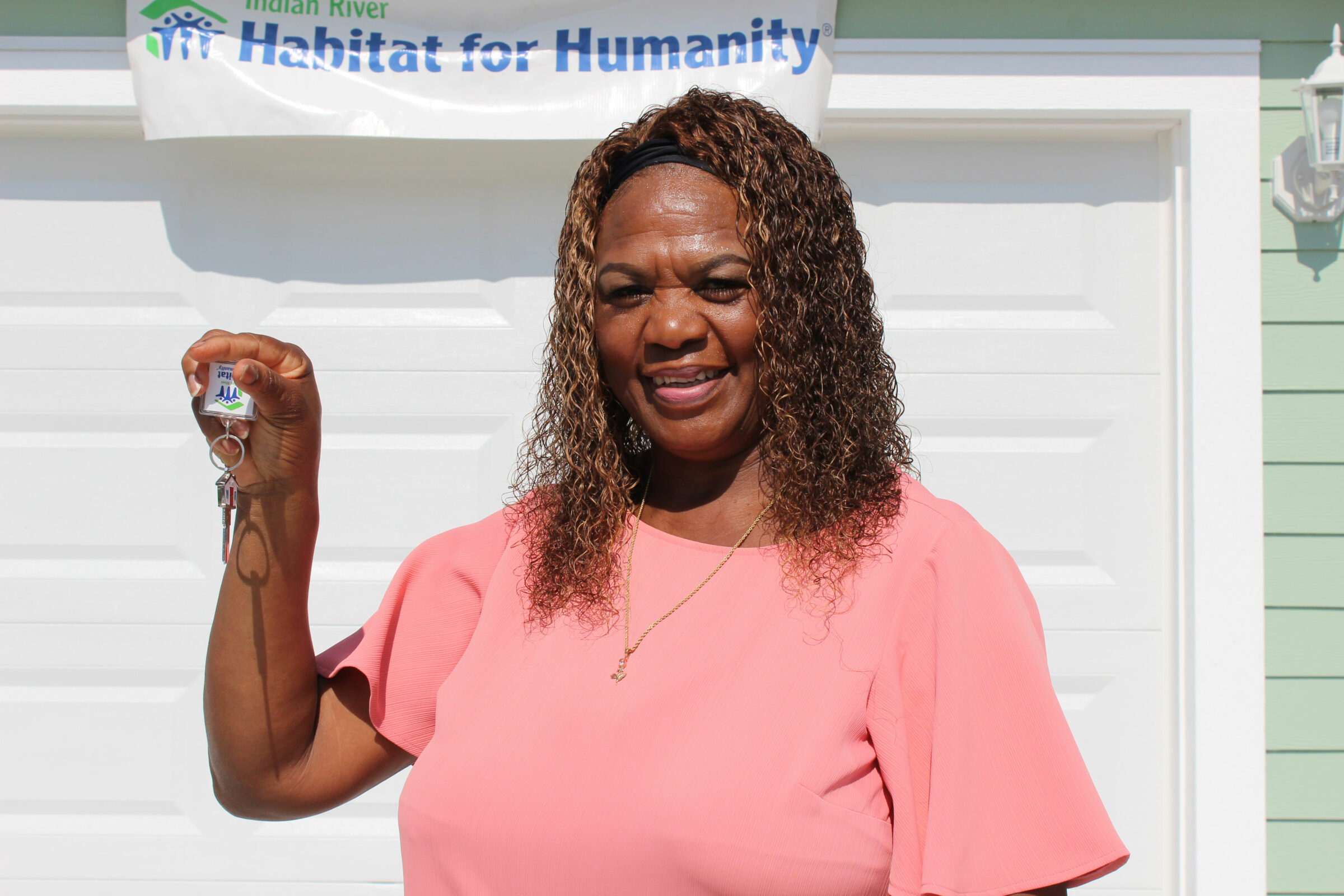
Rose Galloway’s Story
Desperate to flee a domestic situation, Tiffany Thompson and her two daughters relocated to Hope for Families. During that time, Tiffany leaned on her community greatly for support.
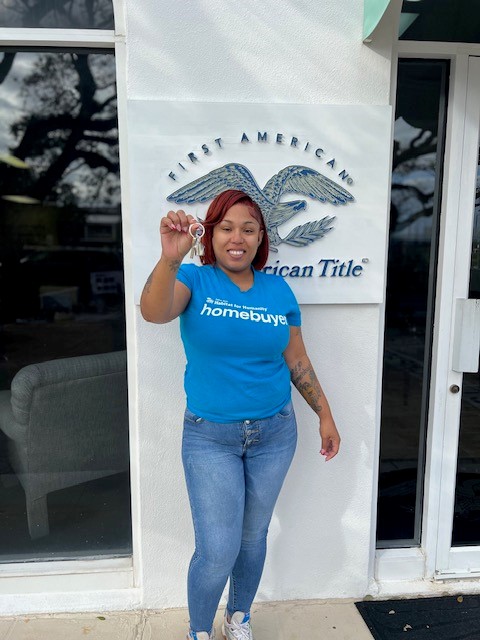
Shaniqua Saez’s Story
Armando Magallon has always longed for solid ground. In Armando’s formative years, his family chose to leave their native country and begin a new life in America.
How to Qualify
Homeowner applicants must fulfill the following criteria.
- Click Here to view the Housing Counseling Program Action Steps.
- Current shelter is inadequate due to structural issues or special needs.
- More than 30% of gross income is paid for housing.
- Adequate income to cover utilities, maintenance expenses, as well as the mortgage payments, which include taxes and insurance.
- Less than $3,000 in delinquent non-medical debt on your credit report in the past 24 months.
- Debt to income ratio of less than 41%.
- Timely rent payments, stable income for one year, and no bankruptcy in the past three years.
- A willingness to partner with Habitat and work hours of “sweat equity”. (Total hours based on number of adults in household)
- Must attend the required homeowner classes as scheduled.
- Willing to pay-off all non-medical delinquent debt prior to purchasing home.
- Meet a minimum savings amount of $2,500 towards closing costs.
- Be responsible for house maintenance after the move in date.
- Be responsible for repaying the purchase cost of the home in a timely manner so that other families can benefit from the Habitat program
Homeowner applicants must also:
- Be legal resident of the United States
- Have lived and worked in Indian River County for at least one year
- Household income must fall within the income guidelines listed (see chart)
- Have no prior homeownership in the past three years
| $36,000 | $47,750 | |
| $36,000 | $54,550 | |
| $36,000 | $61,350 | |
| $36,000 | $68,150 | |
| $36,000 | $73,650 | |
| $36,000 | $79,100 | |
| $36,000 | $84,550 |
How To Apply
1. Pre-screen application.
The first step is completing a Pre-Screen Application. You can also pick up a form in person at reception area of The Burnham Center, 4568 N. US Highway 1 in Vero Beach (located behind the Habitat ReStore). Once completed, you can submit the form online using the link above, or return the completed form to The Burnham Center, Monday to Friday between 8:30 am – 5pm.
Pre-screen approval takes approximately 2 weeks.
2. Program Orientation
If you meet the pre-screen qualifications, you will be invited to watch the homebuyer orientation video. Upon completion of the orientation, Habitat staff will review current housing circumstances and also review your credit report.
3. Application Packet
Should you decide to proceed, Habitat will send you a full application to complete.
The application process can take between 1 to 2 months, depending on how quickly you respond to document requests and how complete your documents are. Incomplete documentation will delay processing.
4. Board Approval & Acceptance
The application approval process includes home visit to your current. Following committee and board approval, Habitat will send you an acceptance letter.
5. Sweat Equity & Savings
In lieu of a down payment, every Habitat homebuyer must work 300 hours (or 500 for a couple) building Habitat homes, and must commit to saving $2,500 to fund an escrow account before closing.
6. Homebuyer Education Classes
Every Habitat homebuyer must successfully complete 12 mandatory financial literacy and homeowner education classes.
7. Lot assignment
Once a homebuyer has completed 60% of sweat equity and savings requirements, applicants are invited to select a site from lots currently available.
8. Wall Raising & Construction
Pick out paint color and finishes, HUD Counseling, underwriting and mortgage loan processing.
9. Dedication
A ribbon cutting ceremony and celebration with family, friends, and Habitat staff at the site of the future home.
10. Closing
This is the last step toward homeownership. Following the closing, the homebuyer becomes a homeowner.
Homebuyer Orientation Video
Homebuyer Classes
5 Week Course — By Invitation Only
Classes take place on Tuesdays and Thursdays.
Each class is scheduled for 1 ½ hours.
Classes are held from 6-7:30pm.
Please do not be late. Doors will be locked at 6pm.
No children are allowed; parents must make prior arrangements.
All classes must be completed prior to your home dedication and are required in order to close on your home.
Frequently Asked Questions
- Indian River Habitat’s family selection committee chooses homeowners based on their level of need, their willingness to become partners in the program and their ability to repay the no profit, no interest loan.
- Indian River Habitat is an Equal Opportunity Lender.
No. Habitat homeowners purchase their homes from Indian River Habitat through a zero-percent interest mortgage.
The application process can take 1-2 months depending on how quickly applicants complete the required paperwork, but it can take up to a year or longer from first application to the close on your home as “sweat equity” of 300 to 500 hours is required.
No, but you must have a steady income and meet the household income minimums. Income guidelines are listed above. Qualifying income includes but is not limited to child support, alimony, SSA, SSI, retirement and income from your employment.
Married or single people can apply and you don’t have to have children to qualify.
We currently build in Oslo Park. We will be building in Gifford and Vero Lake Estates soon.
Your home size will be based on the current needs of your family.
Yes, friends and family members can help you work up to half of the required sweat equity requirements which are 300 hours for a single adult household and 500 hours for a dual adult household.
Yes. Your complete income tax records for the previous two years will be evaluated closely to ensure that you meet the income minimum and do not exceed the maximum income for your family size.
Yes. Habitat holds no ownership to the property once the closing process is complete.
If you have a will in place, you will make that decision. If not, Habitat can recommend a lawyer who can help you set up your will.
Yes, unfortunately, we have. You will purchase your home from us, and we expect you to make timely monthly mortgage payments. If you do not make your payments for two consecutive months or more, Habitat may begin foreclosure. Your payments are important because they help fund homes for future families.




